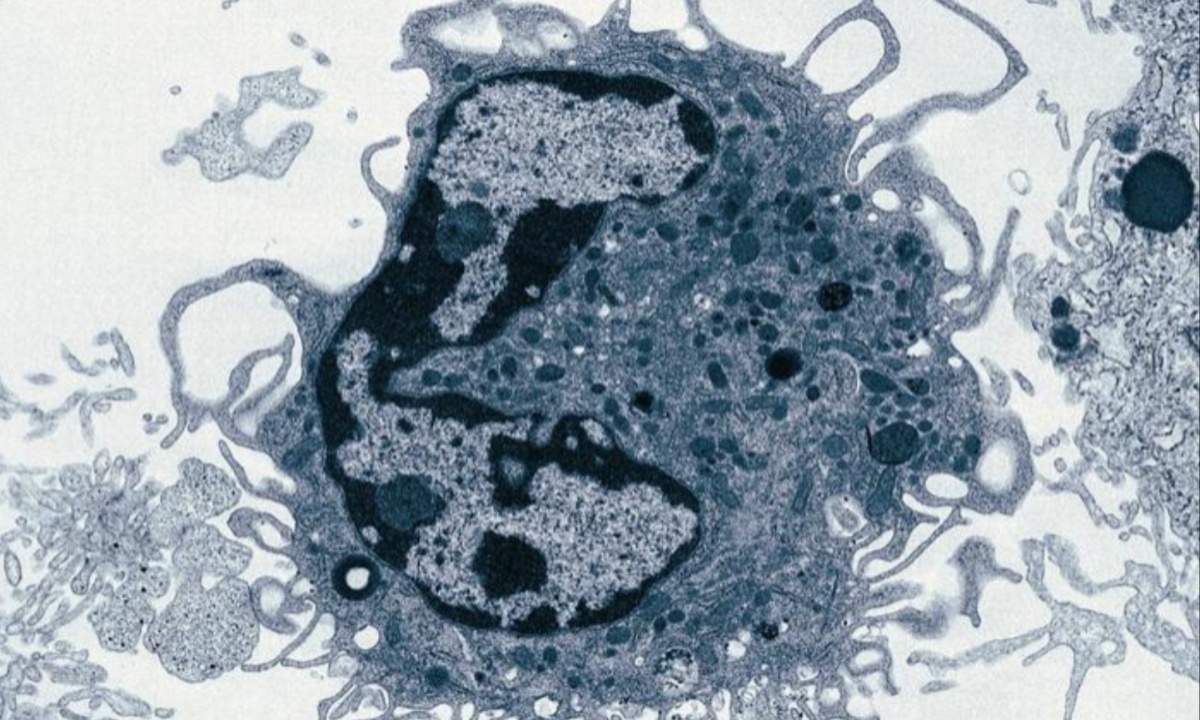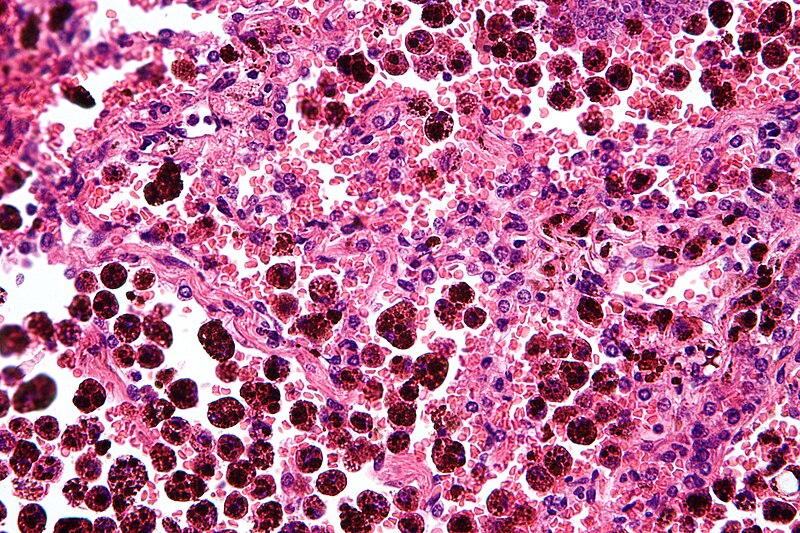At the University of Liège in Belgium, scientists have uncovered a new type of macrophage, a vital immune cell that responds to lung damage caused by respiratory viruses. These macrophages are crucial for repairing the pulmonary alveoli, the tiny air sacs in the lungs responsible for oxygen and carbon dioxide exchange.
This revelation could profoundly change how we comprehend the body’s recovery mechanisms after viral infections and may lead to the development of novel regenerative treatments.
Respiratory viruses can cause a range of symptoms, from mild illness to severe conditions requiring hospitalization, as seen during the COVID-19 pandemic. In some cases, these infections can lead to chronic issues such as “long COVID” and damage to large areas of the lungs.
This damage often affects the alveoli, hindering their ability to efficiently oxygenate the blood and potentially resulting in conditions like ARDS or long-term lung dysfunction.

The study conducted by the GIGA Institute at the University of Liège reveals that these new macrophages, which have unique markers and are only present during the early stages of lung recovery, play a vital role in regenerating the alveoli.
Their role had been previously overlooked because they share markers with neutrophils, another type of immune cell, and they appear briefly before disappearing.
The research team, led by Dr. Coraline Radermecker and Prof. Thomas Marichal, utilized advanced technologies such as flow cytometry, fluorescence microscopy, and single-cell RNA sequencing to detail these macrophages’ characteristics and functions.
They found that these atypical macrophages are crucial in repairing the damaged lung tissue, specifically by interacting with type 2 alveolar epithelial cells, which are the progenitors of the alveolar cells.
This groundbreaking study suggests that by targeting these macrophages or enhancing their repair functions, new therapies could be developed to improve lung regeneration and mitigate complications from severe respiratory infections and ARDS.
This finding offers a novel perspective on macrophage functions, highlighting their potential in therapeutic applications and paving the way for future research in treating respiratory diseases.
